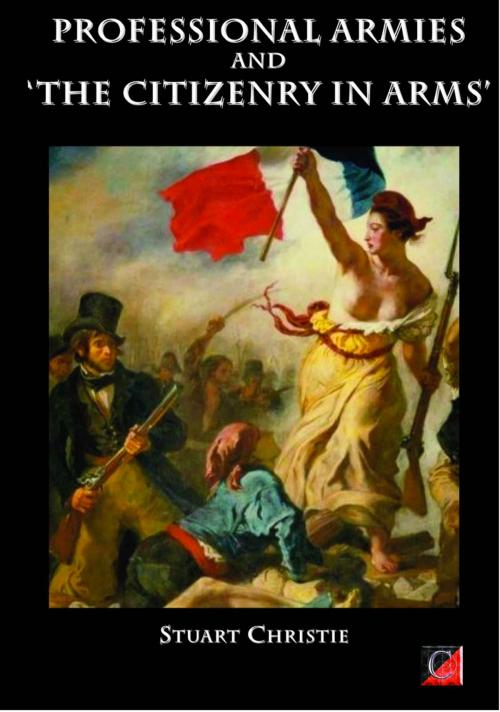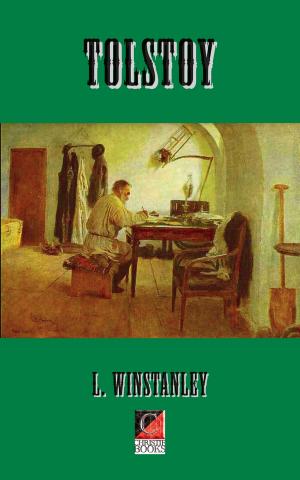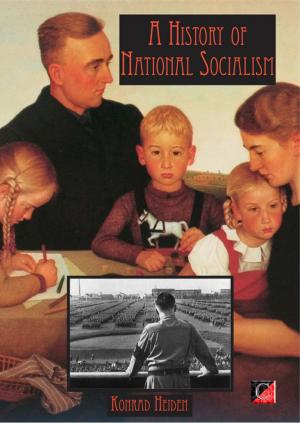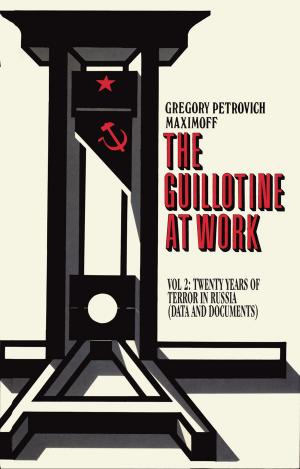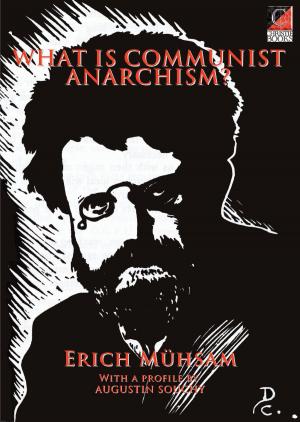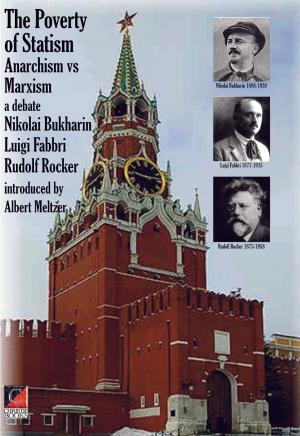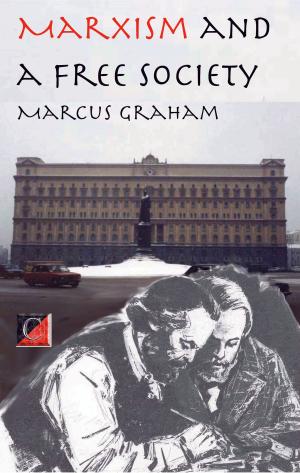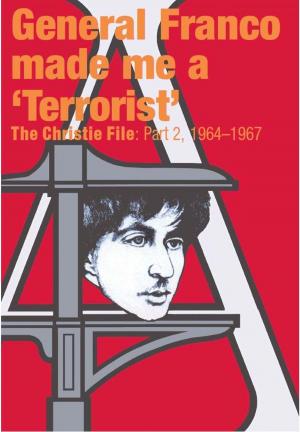| Author: | Stuart Christie | ISBN: | 1230000274288 |
| Publisher: | ChristieBooks | Publication: | October 15, 2014 |
| Imprint: | ChristieBooks | Language: | English |
| Author: | Stuart Christie |
| ISBN: | 1230000274288 |
| Publisher: | ChristieBooks |
| Publication: | October 15, 2014 |
| Imprint: | ChristieBooks |
| Language: | English |
Until the end of the eighteenth century one of the most important developments in warfare, apart from the invention of gunpowder and the adoption of firearms, had ‘been the superseding of feudal military organisation by professional, mercenary, troops’. By the end of the fifteenth century the diffused feudal nobility of Europe had discovered, to their cost, that professional soldiers, who fought for pay alone and were personally loyal to the sovereign, were far more reliable than the hastily recruited and poorly trained and motivated feudal armies they relied on. These ‘professional’ or centrally controlled ‘royal’ armies could, moreover, be sent to keep order at home or wage war abroad with little fear of external factors affecting morale or their fighting qualities. Relatively free, therefore, from popular or subordinate influences, the sovereigns of Europe could wage wars with limited resources for limited objectives and negotiate peace on a compromise basis when those objectives were either attained or appeared unobtainable.
Until the end of the eighteenth century one of the most important developments in warfare, apart from the invention of gunpowder and the adoption of firearms, had ‘been the superseding of feudal military organisation by professional, mercenary, troops’. By the end of the fifteenth century the diffused feudal nobility of Europe had discovered, to their cost, that professional soldiers, who fought for pay alone and were personally loyal to the sovereign, were far more reliable than the hastily recruited and poorly trained and motivated feudal armies they relied on. These ‘professional’ or centrally controlled ‘royal’ armies could, moreover, be sent to keep order at home or wage war abroad with little fear of external factors affecting morale or their fighting qualities. Relatively free, therefore, from popular or subordinate influences, the sovereigns of Europe could wage wars with limited resources for limited objectives and negotiate peace on a compromise basis when those objectives were either attained or appeared unobtainable.
